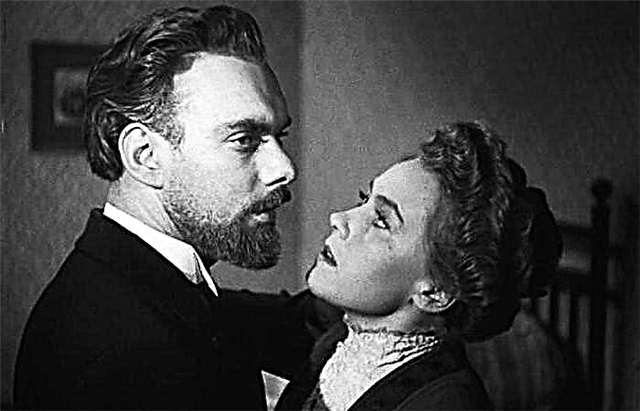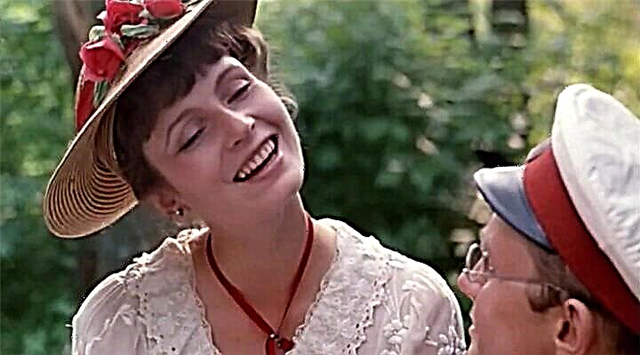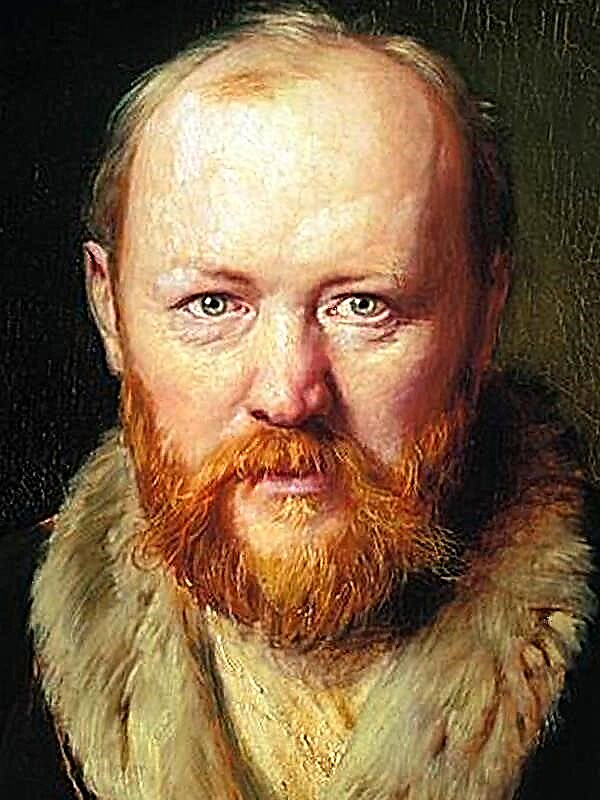Wilhelm graduated with honors from a boarding house. Relatives decide to identify him in the newly founded Tsarskoye Selo Lyceum. At a reception with Minister Razumovsky, he meets with Misha Yakovlev, Vanya Pushchin, Anton Delvig. Vasily Lvovich Pushkin brings his nephew Sasha there. On the nineteenth of October 1811, in the presence of the king and the persons close to him, the grand opening of the lyceum takes place. Wilhelm does not stop looking at the inspired speech of the professor of moral sciences Kunitsyn.
At the Lyceum, Wilhelm gets the nickname Kühl. His comrades love him, but they make fun of him every now and then. After the “payas” Yakovlev, to the general laughter, parody depicts the scene of Kühli’s betrothal with the girl Mingchen, Wilhelm in desperation runs to stoke in the pond. They save him. “You are not Poor Liza,” judicious Pushchin exhorts the other.
Kyuhl studies well, he is obsessed with ambition and secretly dreams that the great Derzhavin will pass on his lyre to him, Wilhelm Kuchelbecker. However, at the translation exam in December 1814, Pushkin’s poems made the greatest impression on Derzhavin who visited the Lyceum. Wilhelm sincerely rejoices for a friend: “Alexander! I'm proud of you. Be happy". Pushkin brings Kyukhlyu to the company of the hussar Kaverin, where freedom-loving conversations are held, but Wilhelm does not feel his own among these "scoffers."
At the end of the lyceum, Kuchelbecker teaches Russian literature in a noble guesthouse at the Pedagogical Institute. He now devotes his poems to Zhukovsky. Relations with Pushkin are not quite smooth: because of the caustic epigram with the words “both kychelbekerno and nausea,” one day it comes to a duel, which, fortunately, ends with reconciliation.
Teaching soon annoys Wilhelm, he wants to completely engage in literature on the advice of Pushkin, visits the “Thursdays” of the influential journalist Grech, where he meets Ryleyev and Griboedov. Bold poems by Kuchelbecker appear in print, in which he supports Pushkin, who was exiled to the south. Kyukhlya visits Nikolai Ivanovich Turgenev, where he again meets with Kunitsyn, with lyceum friends, and takes part in political debates. Soon he resigns and goes abroad as secretary of a noble nobleman Naryshkin.
Freedom! Freedom! In Germany, William was overwhelmed with a variety of impressions; he had a chance to talk with Ludwig Thieck and even the great Goethe. Meanwhile, the tsar was informed of the seditious verses of Küchelbecker, and he ordered the secret supervision of the young poet to be established. In Paris, in the Hall of Athenaeum, William gives lectures on Russian literature, openly opposing serfdom. He is expelled from France by order of the prefect of the police. Having been in Italy, Kuchelbecker returns to Petersburg.
Here he doesn’t manage to find a service until the tsar decides to send “a restless young man to an equally restless country” - to the Caucasus, to the office of General Ermolov. Wilhelm gives birth to a romantic project to “move” Ermolov to Greece, to help the rebels there. Griboedov soberly advises his friend to "cool down a little." And Kuchelbecker himself begins to look at things in a different way after Yermolov orders, before his eyes, the execution of one of the Circassian leaders.
Having served for a short time in the Caucasus, Wilhelm settled in the Smolensk estate Zakup with his sister Ustinka and her husband Grigory Andreyevich Glinka. He falls in love with Dunya Pushkin, who came to visit Glinka, young people swear love to each other, but material circumstances make it impossible to even think about getting married. Wilhelm’s restless nature gives relatives a lot of trouble: either he, along with his servant Semyon, puts on peasant robes, then, seeing how a landowner neighbor tortures a tarred man, he teaches with a whip the brutal serf. Kuchelbecker again finds himself in Moscow, then in Petersburg, where he is engaged in black journalism with Grech and Bulgarin. Alexander Odoevsky settles him at home, supporting a friend with both spiritual participation and money.
Ryleev, preparing the uprising, accepts Küchelbecker as a member of a secret society. On December 14, with two pistols behind his belt, William rushes about between the Moscow and Finnish regiments, trying to track down Trubetskoy who was hiding. Once together with his brother Misha and Ivan Pushchin among the officers and soldiers of the Guards crew, William three times aims at Grand Duke Mikhail, but every time a misfire occurs. According to the rebels, they start firing from the guns. Wilhelm wants to raise people and lead them into battle, but late: it remains to throw a gun in the snow and leave the square.
The collegiate assessor Küchelbecker is sought everywhere by the highest command. Wilhelm, meanwhile, manages to get to Zakup, then get to Warsaw, where he is recognized by the signs indicated in the "poster" and arrested. Dunya tries to bother about the groom, reaches Nicholas himself, asks permission to marry Wilhelm and follow him to Siberia, but is refused.
Kyukhlya languishes in solitary confinement, conducting imaginary conversations with friends, remembering the past. He is transferred to the Dinaburg fortress, a random meeting with a passing Pushkin takes place on the road. Wilhelm writes to Griboedov from the fortress, not knowing that he had already died in Tehran. The last wanderings of Kyuhli begin: Barguzin, Aksha, Kurgan, Tobolsk.
In Barguzin, Wilhelm builds a hut for himself, gradually forgets about Duna, then receives the last letter from her: “I decided not to go to you. My heart is aging <...> After all, we have already struck forty. " Wilhelm marries the rude and manly daughter of the postmaster Dronyushka. A month after the wedding, he finds out that some guardsman killed Pushkin in a duel. On the way to Kurgan, Wilhelm spends three days in Yalutorovsk near Pushchin, provoking the sincere pity of a friend with his decrepit appearance and failed family life. During a near-death illness, Kyuhlya sees Griboedov in a dream, talks to Pushkin in oblivion, recalls Dunya. "He was lying straight, with a gray beard upturned, a sharp nose raised up, and rolled his eyes."

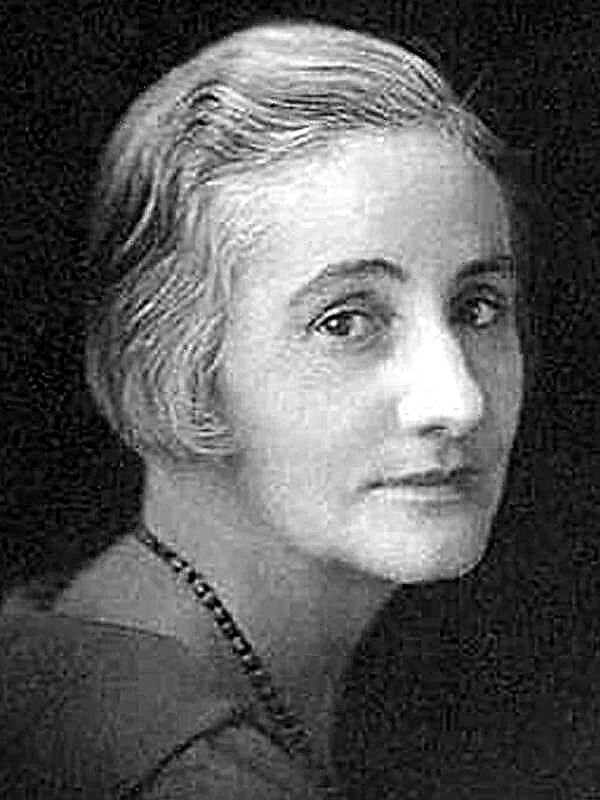
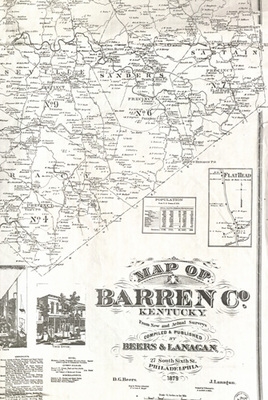
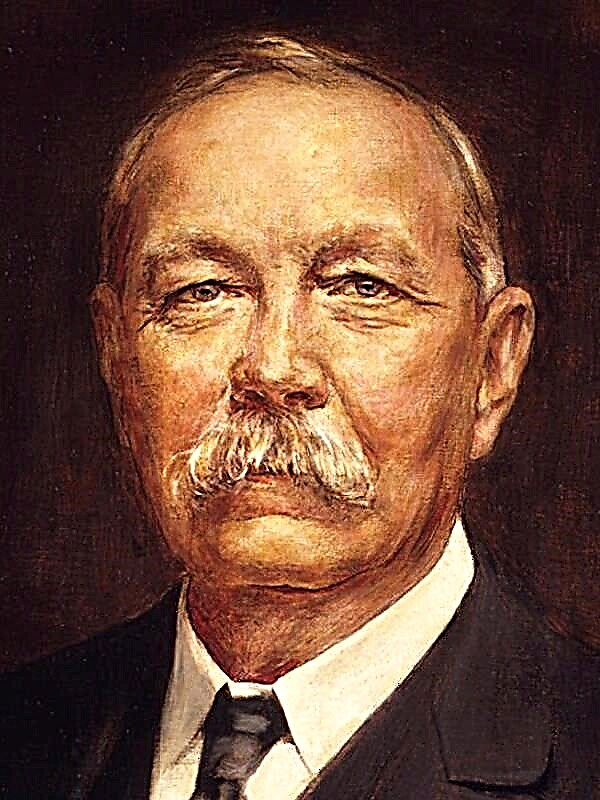
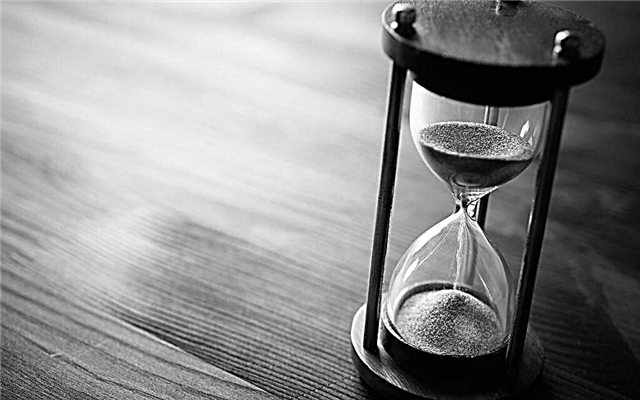
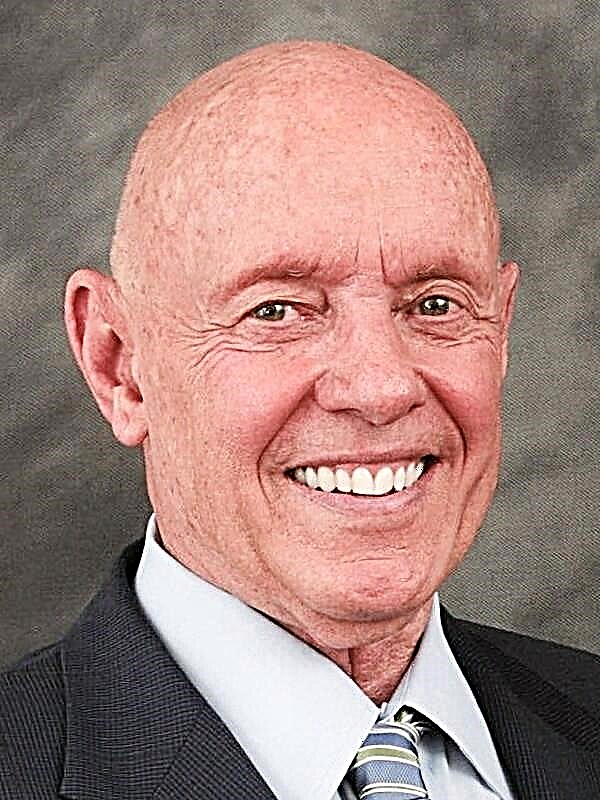
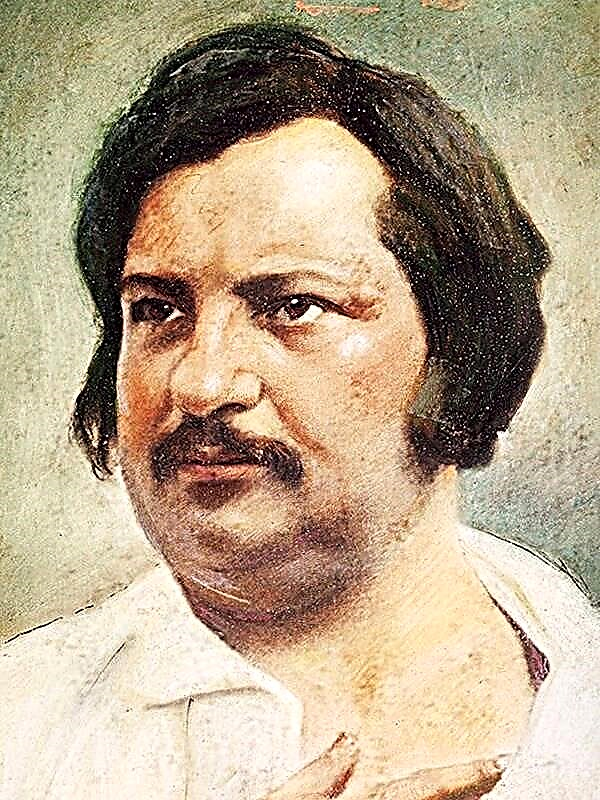
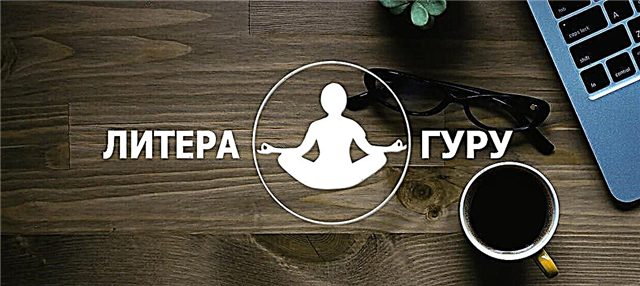
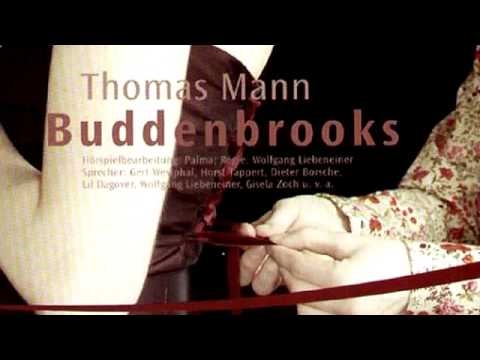 Buddenbrooks
Buddenbrooks